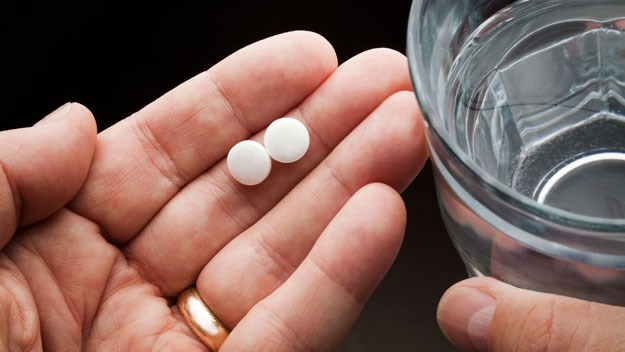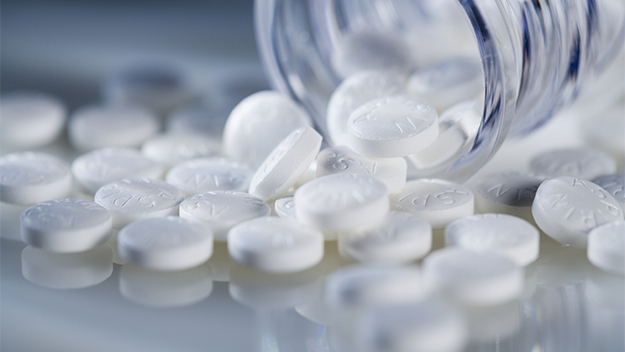The 10-year study by Utrecht University in the Netherlands, published online by the journalHeart, was based on 30,000 healthy women who were at least 45-years-old.
Its findings challenge common assumptions that regular low doses of the anti-inflammatory can act as a strong buffer for warding off serious illnesses such as cancer and heart disease – indicating age does matter. Aspirin is also usually prescribed for heart attack or stroke sufferers to stem the chance of a repeat.
“Blanket treatment is ineffective or harmful in the majority of women with regard to the combined risk of cardiovascular disease, cancer and major gastrointestinal bleeding,” said Dr Frank Visseren, from Utrecht University’s Department of Vascular Medicine.
The results echo the world’s largest clinical trial on aspirin as a preventative to disease in the elderly, conducted in Australia last year.
Experts then revealed it may prevent dementia and some cancers for people aged over 70, but acknowledged the catch-22 in leading others to have a stroke because of increased blood flow.


